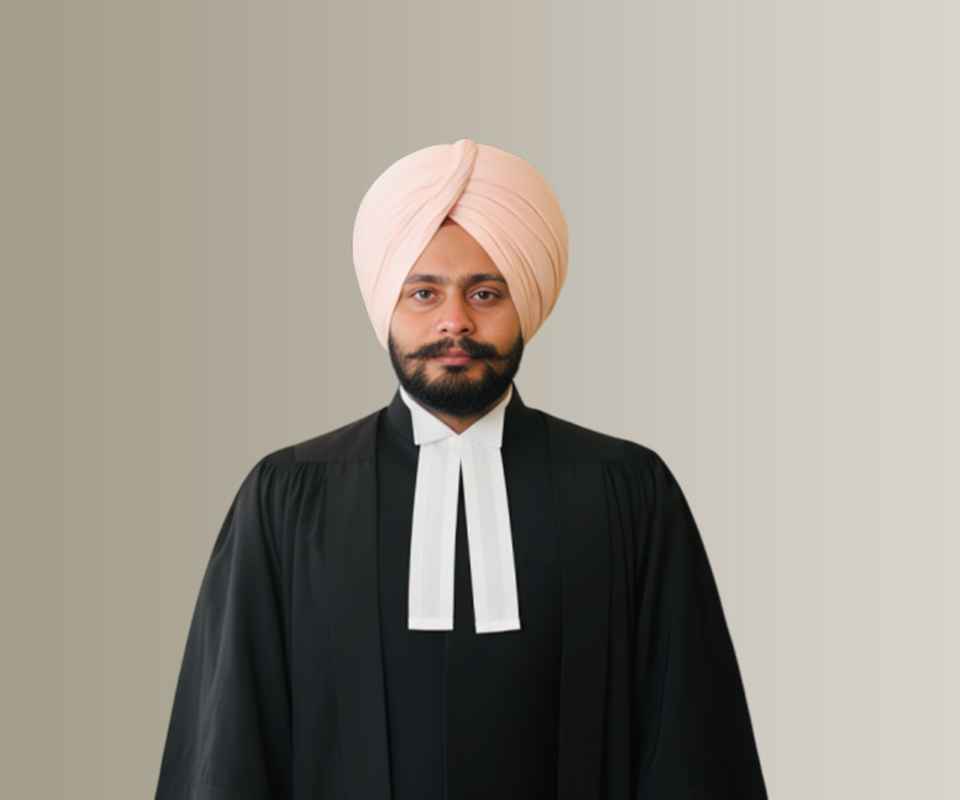Answer By law4u team
Bharatiya Nyaya Sanhita, 2023 - Section 128: Force
A person is said to use force on another if he causes motion, change of motion, or cessation of motion to that other, or if he causes to any substance such motion, or change of motion, or cessation of motion as brings that substance into contact with any part of that other’s body, or with anything which that other is wearing or carrying, or with anything so situated that such contact affects that other’s sense of feeling:
Provided that the person causing the motion, or change of motion, or cessation of motion, causes that motion, change of motion, or cessation of motion in one of the following three ways, namely:––
(a) by his own bodily power;
(b) by disposing any substance in such a manner that the motion or change or cessation of motion takes place without any further act on his part, or on the part of any other person;
(c) by inducing any animal to move, to change its motion, or to cease to move.
Brief Detail
BNS Section 128 defines the concept of force and how it is applied. It encompasses causing motion, change of motion, or cessation of motion to another person or substance, affecting their sense of feeling. The section specifies three methods by which force can be applied: through bodily power, by manipulating substances, or by directing animals.
Question & Answers
Q1: How is force defined under BNS Section 128?
A1: Force is defined as causing motion, change of motion, or cessation of motion to another person or substance, resulting in contact with the person's body or belongings, affecting their sense of feeling. This can be done through bodily power, manipulating substances, or inducing animals.
Q2: What are the three ways to cause force according to BNS Section 128?
A2: The three ways to cause force are: (a) by one's own bodily power, (b) by disposing substances so that motion or change occurs without further action, or (c) by inducing animals to move, change motion, or cease movement.
Q3: Can force be applied without physical contact?
A3: Yes, force can be applied without physical contact if it involves causing a substance to move or change motion, leading to contact with the person or affecting their sense of feeling.
Example
Scenario 1: A pushes B, causing B to move backward. This constitutes force applied through bodily power.
Scenario 2: A throws a ball that hits B, bringing the ball into contact with B’s body. This is an example of force applied by causing a substance to move.
Scenario 3: A directs a dog to run into B, thereby causing force through the animal's movement affecting B.
Summary
BNS Section 128 outlines how force is applied, including causing motion, change of motion, or cessation of motion to people or substances, and defines three methods for doing so. Understanding these methods helps in comprehending the legal implications of applying force.







